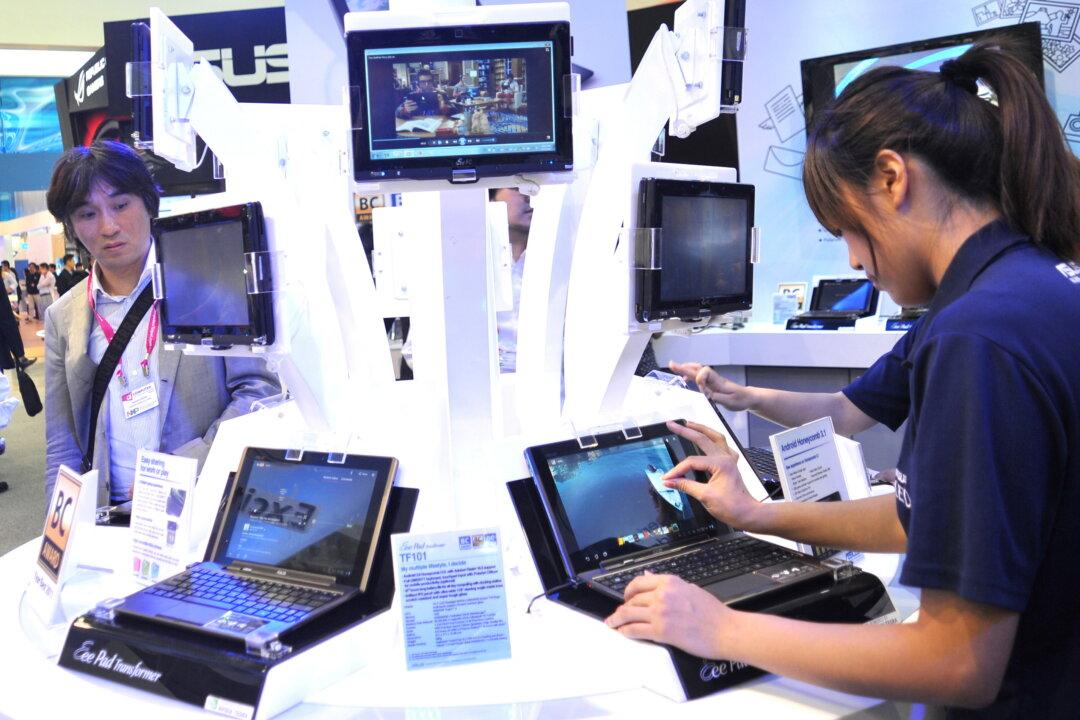The technological basis of information systems throughout the West and China are increasingly decoupling, becoming separate and mutually unintelligible, according to a new report. Western nations will have to do more to prepare for the consequences, according to experts.
“Cybersecurity collaboration among like-minded governments and private sector companies in the West has to be more than just simply linking [security certificates] when crises happen,” said former Director of National Intelligence Dennis Blair.




